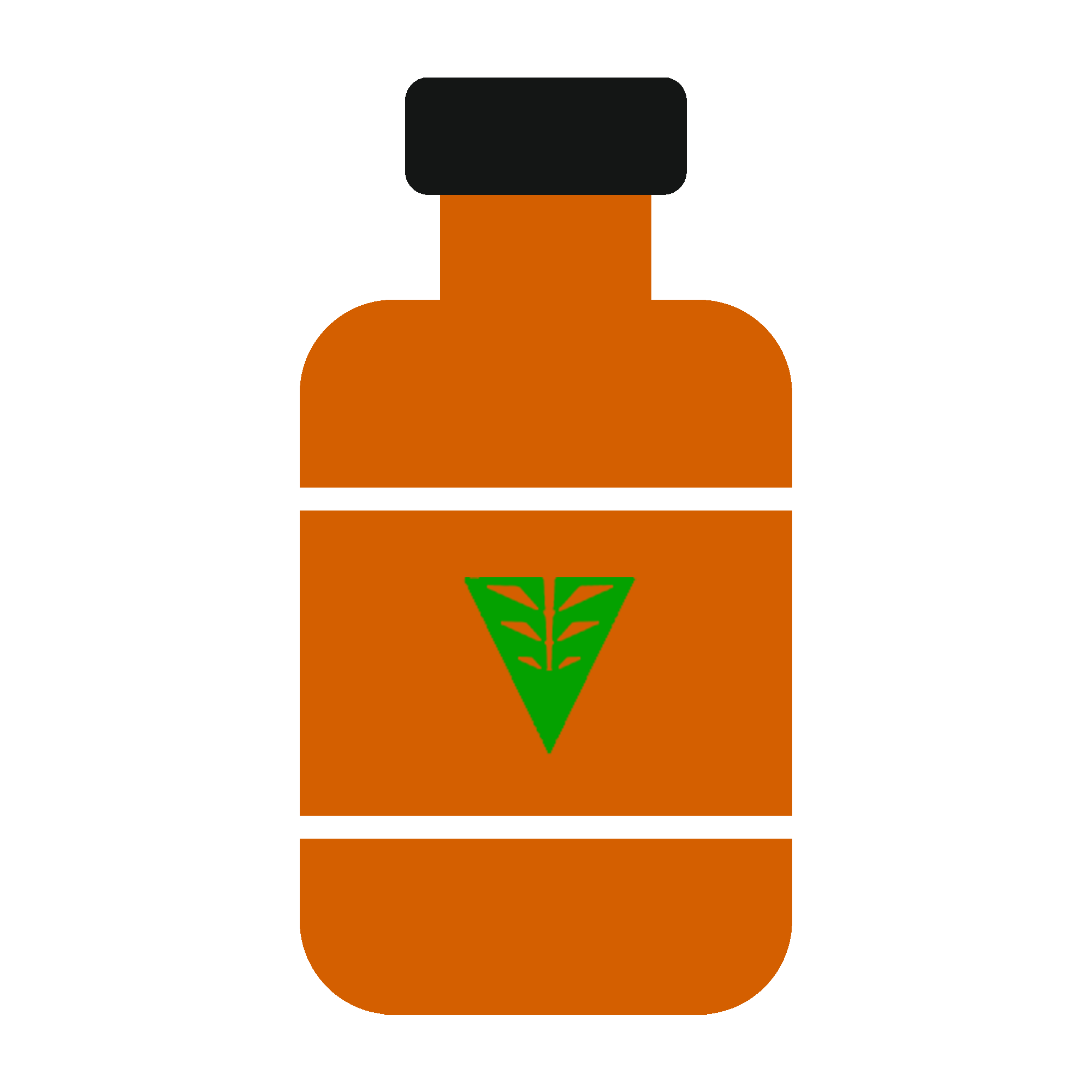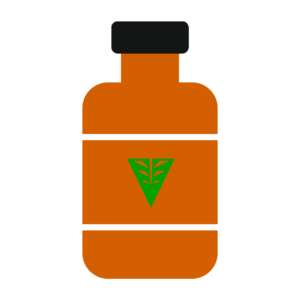Primary information about bladderwrack:
Fucus vesiculosus (Bladderwrack) ‑ anti‑hypothyroid, anti-rheumatic; increases action of thyroid, obesity, arthritis.
More details about bladderwrack:
Fucus vesiculosus
Family: Fucaceae
Names : Kelp, Seawrack, Kelpware, Black-tang, Bladder Fucus, Cutweed.
Habitat : A seaweed common in colder waters.
Part Used : The whole plant.
Constituents :
Phenolic compounds, phloroglucinol, its dehydropolymerization products the , the fucophorethols, phlorotannin derivatives
Mucopolysaccharides, algin.
Sulphuryl-, sulphonyl- and phosphonyl-glycosyl ester diglycerides
Polar lipids
Trace metals, particularly iodine.
Actions : Anti-hypothyroid, anti-rheumatic.
Indications : Bladderwrack has proved most useful in the treatment of under active thyroid glands and goitre. Through the regulation of thyroid function there is an improvement in all the associated symptoms. Where obesity is associated with thyroid trouble, this herb may be very helpful in reducing the excess weight. It has a reputation in helping the relief of rheumatism and rheumatoid arthritis, both used internally and as an external application upon inflamed joints.
Ellingwood describes the uses of Fucus thus: “This agent is used for the specific purpose of reducing unhealthy fat in excessive adiposity. If given in doses of from 1/2 to 2 drams, 3 or 4 times daily, it has reduced excessively fat patients in a satisfactory manner without interfering in anyway with the normal health functions.
“It is in the obesity of individuals of the lymphatic temperament that the beneficial effects of this drug are the most marked. It has little or no influence in the reduction of the fleshiness of persons of active habits or of those of the sanguine temperament. In these cases strict regulation of the diet affords the only prospects of relief, but owing to the keenness of the appetite usually present, this regulation is rarely enforced. Fucus shows its most decided influence upon women in whom there exist menstrual derangement’s, as menorrhagia and leucorrhoea, owing to a general a tonic and flabby condition of the uterine tissues. In such cases an improvement in the local derangement’s usually precedes the general reduction of fat and the improved tonicity of the general system. Fucus is advised as a specific remedy in the treatment of both exophthalmic and simple goitre. It is especially successful in patients not above 30 years of age. It is also suggested in the treatment of fatty degeneration of the heart. It is of service in desquamative nephritis and in irritation and inflammation of the bladder. When general muscular relaxation is present, it is of service in the treatment of menstrual derangement’s.”
Preparations & Dosage : It may usefully be taken in tablet form as a dietary supplement or as an infusion by pouring a cup of boiling water onto 2-3 teaspoonfuls of the dried herb and leaving it to steep for 10 minutes. This should be drunk three times a day. Tincture.



